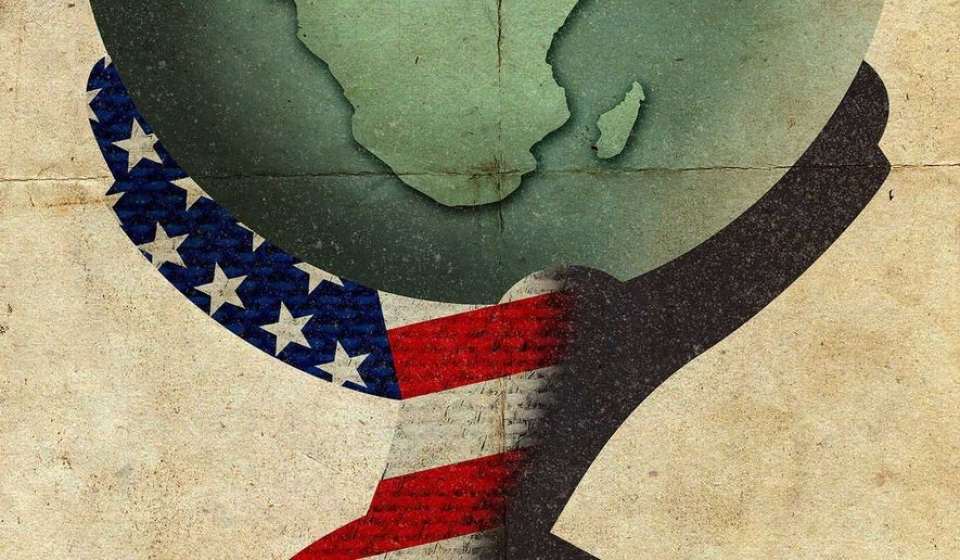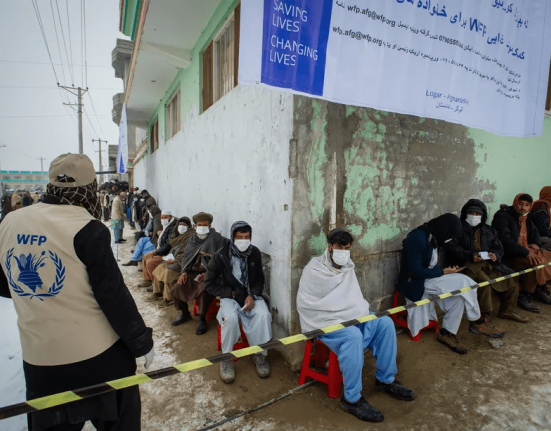By : Daniel Pipes , Washington Times
As usual, after World War I, victors plundered losers, especially the German one. The victors demanded the payment of huge reparations; under one plan, German charges would have continued until 1988. This scheme turned out catastrophically, partially laying the ground for the yet more horrible carnage of World War II.
Learning from this mistake, American leaders in 1945 did things differently. Instead of plunder, they took the radical and unprecedented step of rehabilitating the defeated countries in the image of the United States.
This innovation turned out astonishingly well; as hoped, Germany, Japan, Austria, and Italy became free, democratic, and prosperous. (It also inspired a 1959 Peter Sellers’ comedy, The Mouse that Roared, in which an impoverished microstate declares war on the United States to benefit from its largesse.)
Funding defeated enemies also became assumed, even routine American policy and came to be known as the Pottery Barn rule: “You break it, you own it.” In 2001-03, when U.S.-led coalitions overthrew two hostile governments, the Taliban in Afghanistan and Saddam Hussein in Iraq, Americans as a matter, of course, occupied these two countries, re-wrote their constitutions, armed and trained their forces, nurtured new leaders, and showered them with money.
But 2001-03 fundamentally differed from 1945 in deeply important ways.
First, Germans and Japanese were ground down by multi-year total wars, destroyed by years of all-out carnage, humiliated by protracted occupations, and defeated as peoples. This battering led to acquiescence in the post-war overhaul of their societies and cultures. In contrast, Afghans and Iraqis emerged nearly unscathed from their wars with America that lasted only weeks and were fought to overturn hated tyrants while harming the fewest civilians. Hardly damaged after brief hostilities, they felt more liberated than defeated and were in no mood to be told what to do by occupation forces. Determined to shape their countries’ futures, Afghans and Iraqis took what served them from their overlords and rejected, through violence and other forms of resistance, what they did not.
Second, Americans fought for supreme stakes in World War II – their independence and freedom; losing that war would have had incalculable consequences for the United States. In contrast, the stakes in Afghanistan and Iraq were limited, merely concerning some rarified foreign policy goals; naturally, Americans cared much less about the future course of those countries. Accordingly, 1945’s efforts to impose the American way far exceeded those of 2001-03.
Third, Germany and Japan had no neighbors who continued the conflict in 1945: no radio stations beamed propaganda, no arms were smuggled, no guerrillas infiltrated, no suicide bombers attacked. In contrast, Iran lies to the west of Afghanistan and Pakistan to its east; Syria lies to the west of Iraq and Iran to its east, and all three countries actively fought American influence. The return of the Taliban points to their obvious success.
Fourth, as predominantly Muslim peoples, Afghans and Iraqis intensely reject rule by non-Muslims, an attitude embedded in the very nature of Islam, the most political of religions. Living in full accord with the sacred laws of Islam, the Sharia requires the ruler to be a Muslim because the Sharia includes difficult-to-apply public precepts (pertaining to taxation, justice, warfare, etc.) that only a Muslim would fully implement. Thus, whether in medieval or modern times, whether by Christians, Jews, or Buddhists, rule by non-Muslims eventually arouses intense resistance.
These factors prompted almost everyone knowledgeable about American and Middle Eastern history (with the unfortunate exceptions of Bernard Lewis and Fouad Ajami) to quickly predict that “the coalition’s grand aspirations for [Afghanistan and] Iraq will not succeed.”
Americans need to recognize both the unusual – if not unique – circumstances that made possible the rehabilitation of the Axis enemies in 1945 and the fact that those circumstances will rarely reappear. Rather than assume each foe can, through enough effort, time, and money, be made a friend and ally, the time has come for Washington to limit itself to more modest aspirations, such as ending enmity and avoiding totalitarian rule. In this spirit, I proposed in 2004 a democratically-minded strongman for Iraq, someone who would take control and then, over time, move the country toward political openness.
The same lesser ambition applies to most future defeated enemies for, as Voltaire observed, “The better is the enemy of the good.” Time to move on; it’s no longer 1945.

As predominantly Muslim peoples, Afghans and Iraqis intensely reject rule by non-Muslims, an attitude embedded in the very nature of Islam, the most political of religions. Living in full accord with the sacred laws of Islam, the Sharia requires the ruler to be a Muslim because the Sharia includes difficult-to-apply public precepts. that only a Muslim would fully implement. Thus, whether in medieval or modern times, whether by Christians, Jews, or Buddhists, rule by non-Muslims eventually arouses intense resistance.

















